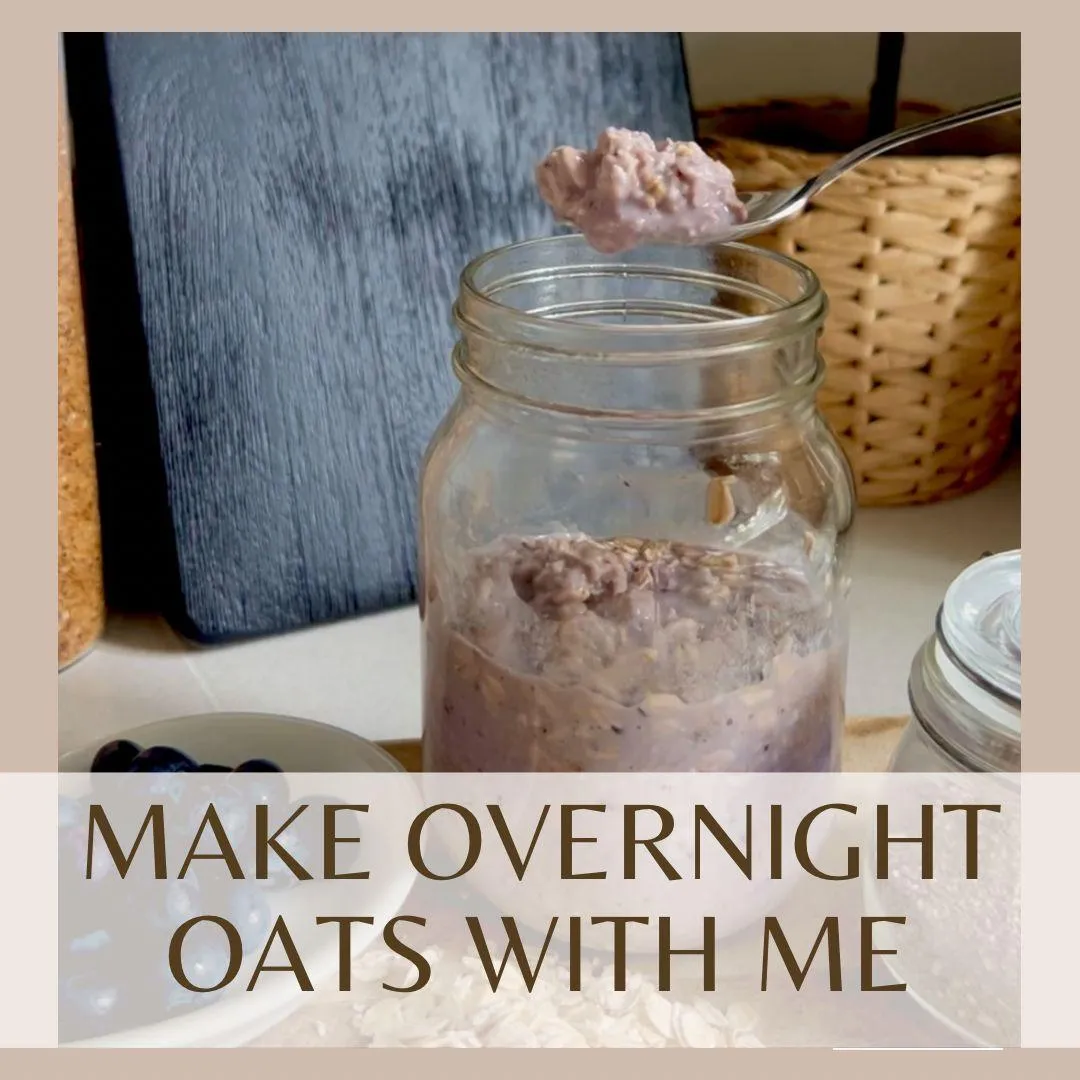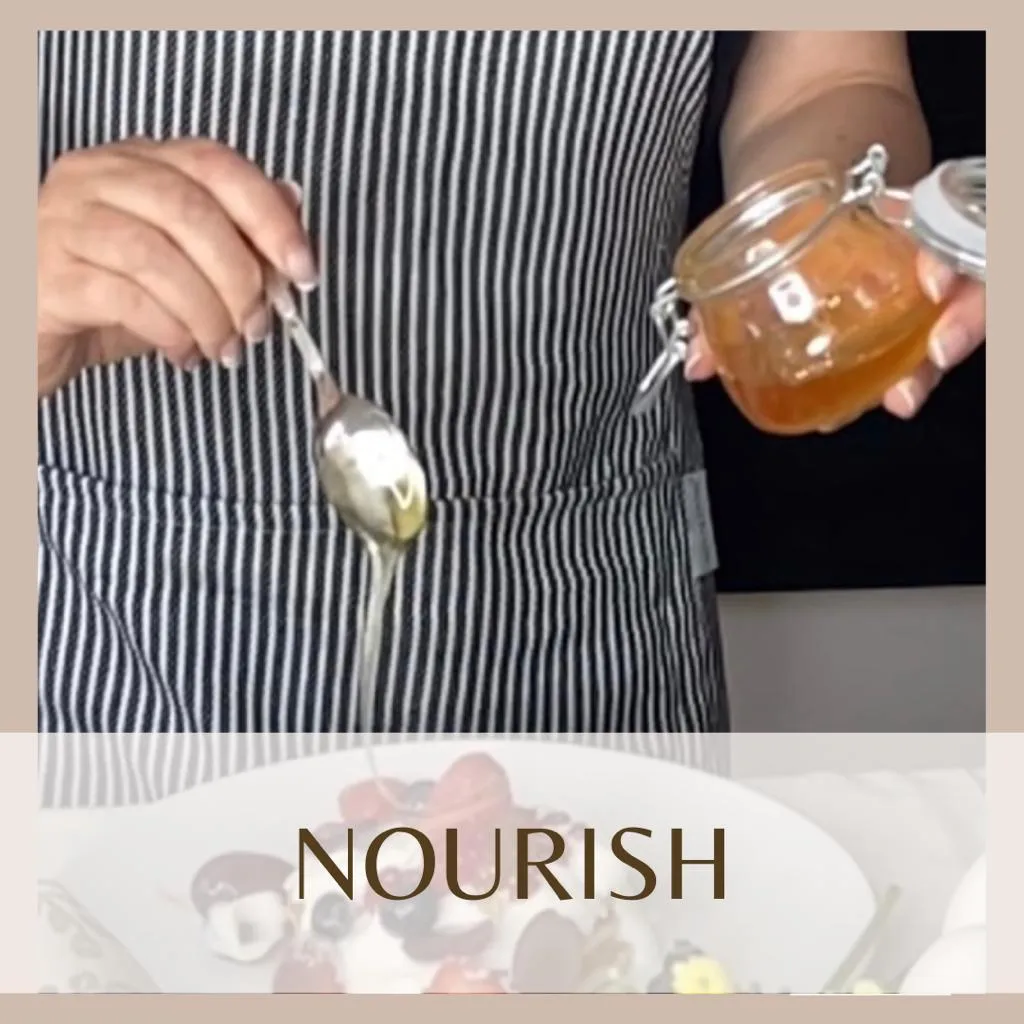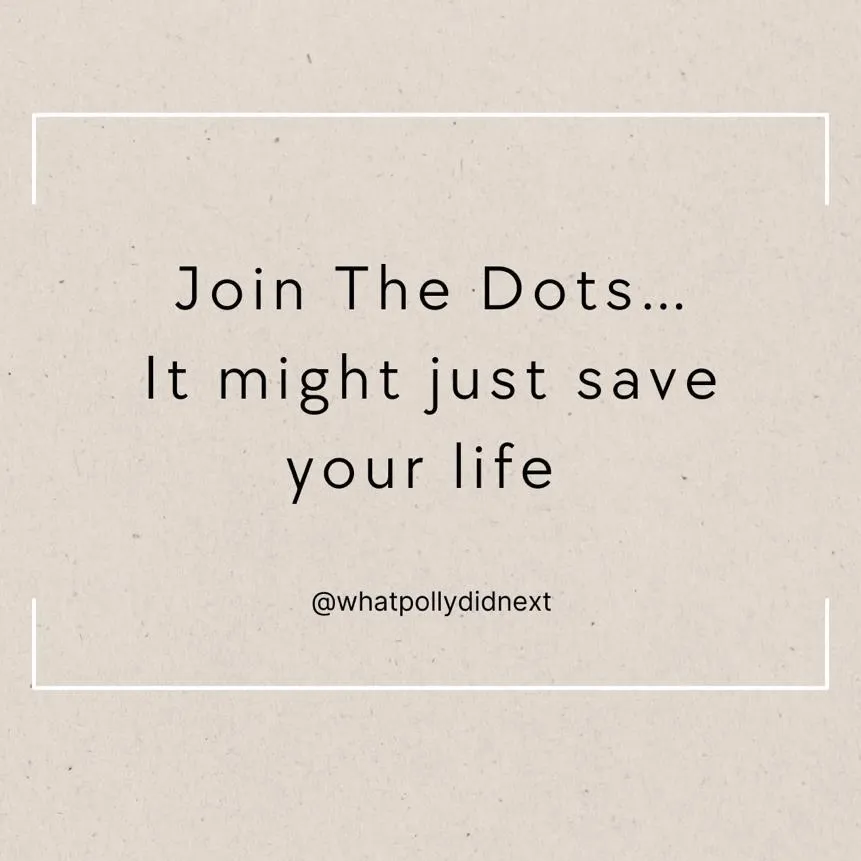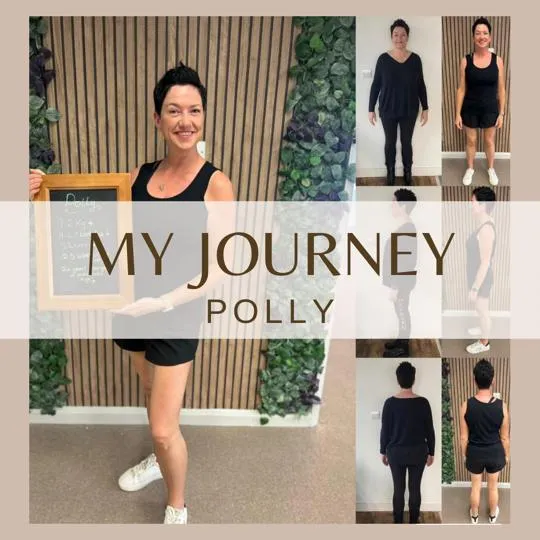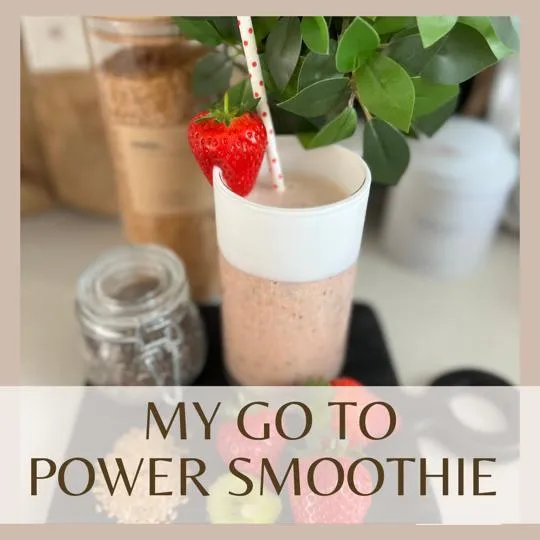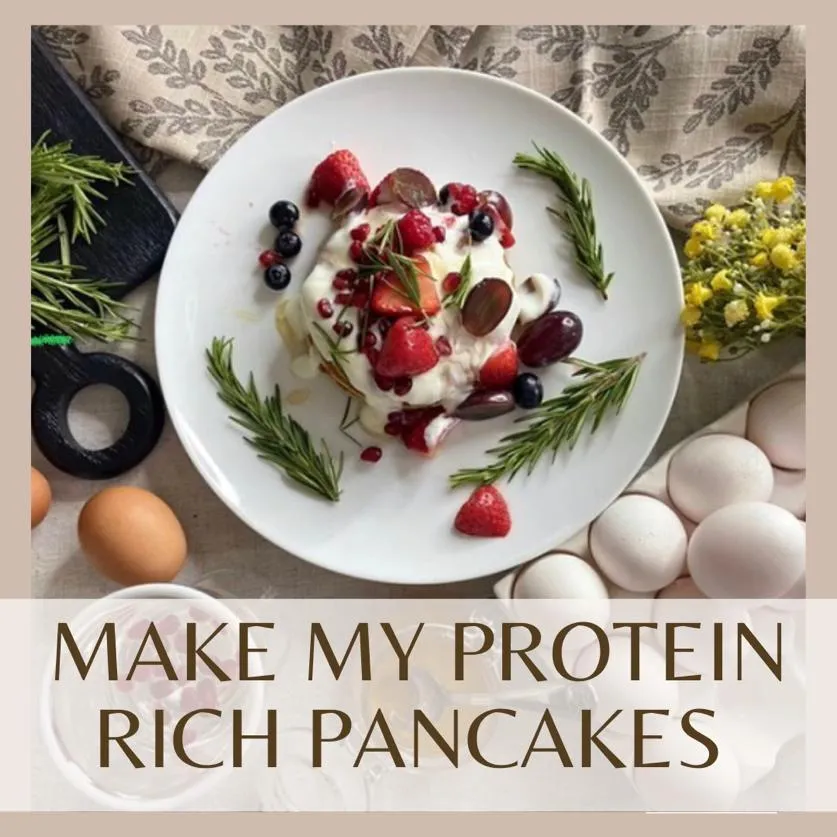Welcome...
Grab a cuppa and browse the library
Welcome...
Grab a cuppa and browse the library
Knowledge is Power
DIVE IN TO MY LIBRARY TO SEE HOW UNDERSTANDING MORE ABOUT FOOD & YOUR BODY, CREATES SHIFTS IN HABITS AND MINDSET
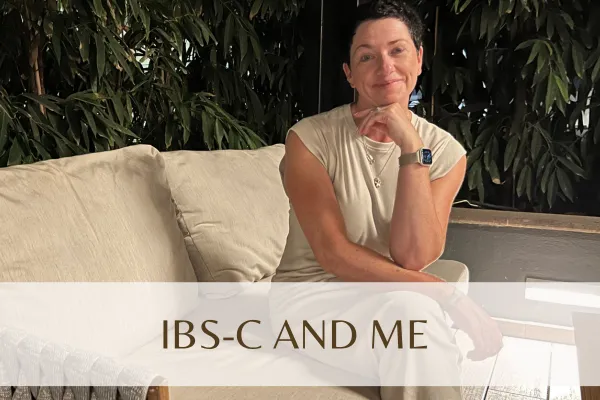
IBS-C And Me
IBS-C, the Lesser Known Version of the Digestive Illness, with Constipation as the Main Symptom

Festive Plumptiousness?!
It was just after Christmas 2017, as I dropped my husband at the airport, I suddenly got what felt like a really intense stitch across the middle of my abdomen. Because of the time of year, I initially put it down to my clothes being a little more snug - some post Christmas excess I thought.
But over the coming weeks I developed terrible stomach pains that were so intense I'd be doubled over. This would sometimes be accompanied by an additional pain below my right rib cage, so I visited my GP and gallstones were initially suspected, but ruled out with an ultrasound.
A couple of months later, I began to be violently sick whenever I ate eggs, had an upset tummy after eating peanuts, and would break out in hives on my face and chest most evenings.
Going to the loo became incredibly laboured and painful as my body would go into spasms causing pain in my back, stomach, shoulder blades and gut. I'd sweat profusely, feel clammy and became constantly fatigued. I hadn't been particularly regular before I became ill, but constipation was now causing a lot of chaos.

Over the following months almost anything I ate caused a violent reaction from my body and I dreaded going to the loo. My abdomen was really tender to touch and I was in deep pain - it was as if my insides had been scrubbed with sandpaper, leaving them feeling grazed for days at a time.
The Healthier I Ate, The Worse My Symptoms Became
Thus followed 2 years of test after test, being poked and prodded; blood, urine and stool samples analysed, moving from one elimination diet to another (low FODMAP, dairy free, gluten free) and keeping a food/symptom diary for over a year. But a clear and obvious cause couldn’t be determined. I ate pretty healthily already, but upped my intake of grains, fruits and vegetables to improve my gut health, but the only pattern seemed to be the more healthily I ate, the worse my symptoms became. It just didn’t make any sense.
Testing Testing
Celiac disease was ruled out, lactose intolerance was ruled out, Bile Acid Malabsorption (BAM) was ruled out, and the low FODMAP diet didn’t bring any major improvement either.

Nutritional Nose Dive
At one point I even suspected tap water, by now restricting myself to salmon and potatoes. This later became a few portions of fish & chips a week for variety, because fish and potatoes felt 'safe' to eat. My nutrition nose-dived and my overall health reflected this as I became anaemic several times, slept a lot and constantly felt unwell.
The Big C?
I had been struggling for a year by this time and began to really fear that it was only a matter of time before cancer would be found. Next was a referral for colonoscopy and endoscopy. Oh joy! Why couldn't I just have earache? But when you’re at this point you’ll do anything for answers.
A best friend’s wedding was coming up in Australia and I knew I couldn’t fly the way I was. The NHS waiting list in my area for a colonoscopy and endoscopy was over 6 months, so my husband and I took the decision to gather the £3k and pay for the procedures privately.
Prior to the procedure the consultant referred me for an x-ray which confirmed I had faecal impaction (yup, I was literally full of s***!).
Park Your Dignity
Was I nervous and totally embarrassed at the prospect of a colonoscopy and endoscopy? But the need to find answers was greater. So, you leave your dignity at the door and just accept it's going to happen.
The procedure itself wasn't as bad as I'd imagined. I was mildly sedated so there wasn't any discomfort or pain at all. The team couldn't have been more lovely and it was all over in about 30 minutes.
What Lay Beneath
The investigation did shed some light on my symptoms. I had a stomach ulcer, a couple of lesions and polyps in my colon, a hiatus hernia (caused by vomiting and straining from chronic constipation), I also had H-pylori infection and a partial internal prolapse of my colon.
But thankfully, no sign of cancer, which a biopsy would hopefully support. The results would be back in 5 weeks.
I was given antibiotics for the infection, the polyps had been removed during the procedure and the consultant gave me the all clear to fly to Australia a few days later.
I thought I was cured.

I Couldn't Have Been More Wrong
Almost immediately I had an embarrassing episode on the flight out. The specially ordered meal hadn’t been catered for and the crew were less than helpful. The plane was full for the Christmas getaway and all meals were allocated, so I was left thinking I wouldn’t be able to eat anything for 12 hours.
Plus my symptoms returned with a vengeance. I spent a lot of the flight in pain and on the loo, causing a huge queue. The walk of shame and humiliation back to my seat was the ultimate low point which, coupled with the realisation I wasn’t cured was just awful.
Symptoms aside, we did go on to have the best holiday, the wedding was amazing and seeing friends from my time living in Sydney twenty years earlier was brilliant.
But activities like snorkelling or scuba diving The Great Barrier Reef, hiking and long scenic drives weren’t possible. Meals out with friends were hit and miss too, as my symptoms could flare up from nowhere, and choosing what to eat was still really tricky. (Being celiac is no joke, but at least I’d know to avoid gluten. It just wasn’t that straight forward).
The Results Are In
Five weeks after my colonoscopy, the biopsy results confirmed there wasn’t any cancer. Another moment of immense relief, which was swiftly followed by a real low, as I still had no answers. I became pretty depressed.
By now my social life had completely dropped off a cliff because choosing what to eat was so challenging. I also really feared the pain (which could last for days), the bloating (which could expand my waist by 10cm in a matter of hours) and not being sure when I’d need the loo, or how long I’d be locked in it for (which could be up to 45 minutes).
How do you explain that to your work colleagues, family or friends?
I stopped going out for walks in case of accidents, now needing to know exactly where loos were for any given trip, even just to the local supermarket, and I now worked from home. I gradually gained weight from the ‘safer’ junk food I’d come to rely upon and my now sedentary lifestyle.
I was in significant pain most days. It was life-changing , isolating, embarrassing and miserable.

Collaborative Approach
I worked hard to help myself to help my GP find the cause, sharing what I'd tried, keeping a record of symptoms and possible culprits, which is challenging with IBS-C because it could be caused by something you've eaten two or three days ago, finally hitting the large intestine and wreaking havoc.
My GP really kept trying too, including:
Antibiotics twice (only as a last resort as they wipe out good as well as bad gut bacteria), tonic water (contains the anti-spasmodic Quinine), Magnesium Citrate (for digestive support), Laxido laxatives, Probiotics, Prebiotics, Buscopan, Linseeds, Kiwis, Raspberries and Prune Juice (all natural laxatives) and exercising. Nothing worked.
Winning At Ailment Bingo
My body continued to scream it was not well. I had severe acne all over my face (having never had it as a teenager), I had hives, debilitating fatigue, oral thrush, restless leg syndrome, night (and day) sweats, toothache, really tender muscles, leg cramps (especially at night), insomnia, and yes, randomly, even my hair follicles hurt! I was literally winning at ailment bingo, getting a daily full-house on the weird symptom list.
Age Related?
I know, some of you will be shouting perimenopause at the screen! I went down that route as a lot of the symptoms were signalling this. I'd attended a talk at Soho Farmhouse, where an expert highlighted the links, but it took a further four years to be given HRT
During this time, my research led me towards perimenopause and hormonal changes as a possible cause for the gut and other chaos in my body. My GP tested my FSH levels which suggested I wasn’t perimenopausal (in terms of that one snapshot of a blood test anyway - this area is a whole other story, which I’ll cover in a separate post).
My requests to try HRT to see if my symptoms improved were denied because at 47 “I was too young for HRT and needed to wait until I really needed it”.
I now know this wasn’t in accordance with NICE guidelines and a lot of my symptoms were in fact presenting as the perimenopause (again, I’ll discuss perimenopause separately).
At four years on, I was plodding on with my own research and had managed to identify a few food intolerances with some certainty - peanuts, eggs, almonds, most whole grain breads, mushrooms and truffle oil. However, some things, like peanuts, I could tolerate in very small quantities, or if they were crushed. But my body would tolerate something one day, but completely reject it the next. It remained a minefield.

A Diagnosis At Last
By now, the medical consensus was that I had IBS-C (Irritable Bowel Syndrome type C - causing constipation). Although it felt like a ‘we have no idea so let's call it this’ diagnosis, at least I finally had something to focus on. A lot more is now known about gut health, but as little as 5 years ago it wasn’t really talked about and information was largely in medical jargon within medical journals. I was left researching and trying to figure out my triggers in the dark. It was an exhausting, frustrating and lonely time.
Desperation = Being Hoodwinked
In desperation, I was suckered into paying £50 for a test that promised diagnosis of intolerances from a strand of hair. The report came back, and number 1 on the list - salmon, my staple protein, you couldn’t write it could you?! Yet, here I am, writing it.
So I cut salmon out, along with the other 20 or so foods on the report. My symptoms didn’t change and I’ve since learned it’s not a scientifically proven method of determining allergies or intolerances. Another dead end.
I was now really depressed and losing hope of ever finding out the underlying cause.
Hoorah For Lockdown
Then lockdown came, which was somewhat of a silver-lining for me, as it gave complete relief from the anxiety and fear social activities now induced, plus my symptoms improved slightly with a prescription of the antihistamine Fexofenadine, given for my hives and skin reactions.

A Pewter Lining
I wouldn't call it a silver lining, more pewter, but I am back working in a new career - you guessed it - here I am in wellness and nutrition at What Polly Did Next and with Elite Nutrition as a healthy lifestyle coach. After all that research it was a natural progression and I hope some of my discoveries (and pitfalls) may prove helpful to fellow sufferers, particularly those suffering in silence.
I'd initially joined Elite Nutrition for help to shift the 'safe' junk food weight gain, but what happened was life-changing for me. The nutrient dense power smoothies that form part of the program didn't trigger flare-ups. But even better, within 2 weeks the fatigue was gone, a couple of months and my health started to thrive again, four months on and I'd returned to a healthy weight, and six months on I was so inspired, I became a coach. I'm not suggesting the smoothies are a cure, they're not, but I feel the best I have in years, my theory being that my gut isn't having to work as hard to process the nutrients.
Today - A Glimmer of Hope?
Today, 5 years on since that intense stitch at the airport my IBS isn’t 100%, but between 80-95% depending on what day it is and what I’ve eaten that may have inadvertently triggered a flare up. This is infinitely better than the months spent unable to leave the house for fear of an accident.
Then, very recently, whilst taking part in the ZOE nutritional program, I might just have stumbled upon the missing link between eggs, peanuts, wheat, sweetcorn and my other triggers. One of the tests involved consuming 45g almonds, which triggered the worst flare-up I've had in years, lasting 10 days.
I researched the composition of almonds and one word caught my eye - lectins.

Well Hello Lectins!
Lectins are a plant's natural defence against being eaten, designed to make animals ill when ingested -a warning to avoid eating them. It's believed these spiky proteins puncture the single-cell thick gut lining in some humans too, referred to leaky gut syndrome, which, tbh, I had previously ruled out as a bit woo woo. But remember the pain I described earlier, like my insides had been scrubbed with sandpaper.... it sounds possible right?
You'll very likely already know of one lectin already, gluten, but there are many more, within most grains - rice, wheat, rye, barley etc (all except millet & sorghum), as well as in lots of seeds, nuts, fruits and vegetables - which happened to make up 90% of my health focused pescatarian diet. As it turns out, 'whole grain, wholewheat goodness' could be exactly what's been making me poorly. The digestive distress is thought to be caused by a reduction in the protective mucosal lining of the gut in some people. Why isn't exactly known, but this reduction in mucus appears to allow lectins to penetrate the lining, causing inflammation and permeability, permitting toxins to leak into the bloodstream.

Don't Die of Embarrassment
My story is not intended as a means to diagnose or prescribe remedies. IBS is as unique as you are. If you have any symptoms DO visit your GP. There are lots of minor causes for a change in bowel habits, but if it is serious, it's better to catch it early. Don’t die of embarrassment.

© 2025 All Rights Reserved
Legal Information
Medical Disclaimer
Please note, we are not medically trained and information within this website is not to replace the medical advice of your GP or medical practitioner.
If you are taking medication or under medical supervision, please consult your health practitioner before making changes to your diet or taking any food supplement.
About This Site
This individual website belongs to Polly Gibbs who is independently responsible for the fulfilment of any orders placed.
To contact Polly please complete the form on the Contact page.
Trademarks and Copyright
Unless otherwise stated all trademarks, registered trademarks and product brand names are the property of Polly Gibbs.
Legal Statements
Please consider the following statement regarding weight loss used on the site.
THRIVE! programmes are effective when used in conjunction with a healthy lifestyle. Note that weight loss will depend on your personal metabolism. Outcomes are based upon, amongst other things: a balanced healthy diet, regular exercise, an adequate daily fluid intake, appropriate supplementation, reduced stress and sufficient rest. The information and programmes on this site are not designed to diagnose or treat any medical condition. The weight loss testimonials presented are applicable to the individuals depicted and are not a guarantee of your weight loss, nor are they necessarily typical.
Please note, we are not medically trained and this information is not to replace the medical advice of your GP or medical practitioner. If you are pregnant, taking medication or under medical supervision, please consult your health practitioner before making changes to your diet or taking any food supplement.
The contents of this website are for educational purposes and are not intended to offer personal medical advice. You should seek the advice of your GP, physician, or other qualified health provider ,with any questions you may have regarding a medical condition. Never disregard professional medical advice or delay in seeking it because of something you have read on this website. Any products suggested or referenced are based on personal use.






